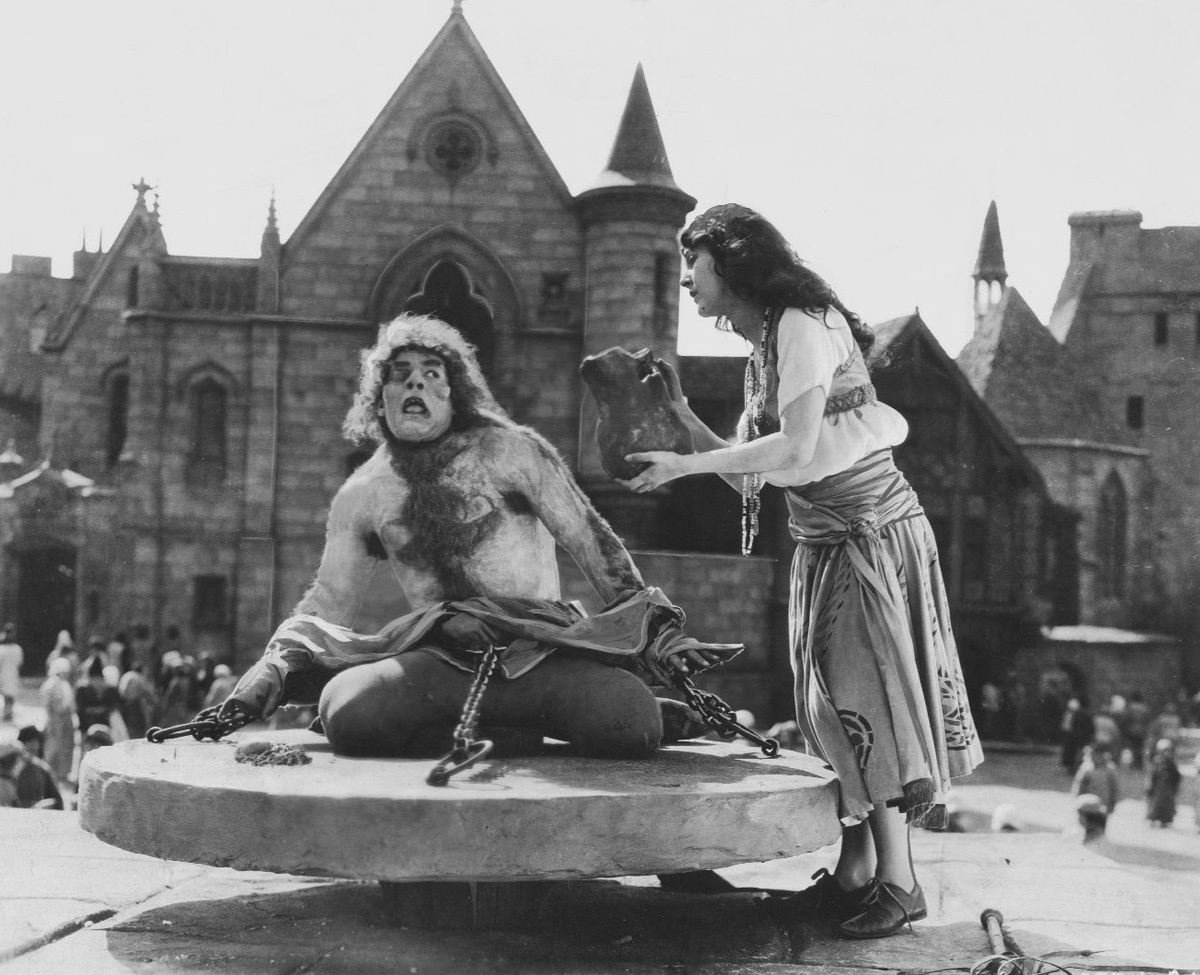nerd (n.)
1951, U.S. student slang, probably an alteration of 1940s slang nert “stupid or crazy person,” itself an alteration of nut. The word turns up in a Dr. Seuss book from 1950 (“If I Ran the Zoo”), which may have contributed to its rise.
(source: Online Etymology Dictionary)
So it has long been accepted that, whether under the heading “nerd” meaning someone so absorbed in the esoteric that commonplace life makes little sense–the sort of person dozens of wonderful and slightly creepy movies have been made about–or under even less complimentary terms like “geek” or even “dork,” we find many people who (quite like me) are both serious about what we do, serious about good relationships, eager to be of service, and prone to be socially awkward.
Many nerds have been bullied by the same thoughtlessly cruel sorts we now try to educate for a living, and often we cherish those few relationships that have proved healing as transcendent experiences, categorically unlike the many social collisions that turned out to be hurtful. And lots of us are good at what we do, care about our friends and colleagues and students, and still say or do awkward things that can cause confusion.
I’m not talking about actual, correctible errors in understanding–and I’m not talking about deep-seated, systematically pursued hostility against particular people or groups. Confirmed bigotry merits no hearing, as far as I’m concerned. But I’m not talking about bigots, yet.
I’m talking about nerds.
About the social stratum that dominates the faculty lounge (and not the admissions office), a social stratum for whom some few relationships mean the difference between becoming the inventor of Flubber and becoming Quasimodo:

For sometime, now, our society has been receptive to marginal people, has even exalted nerds.
No more, it seems. The mob will not have it–vox turbae, vox Dei. Now, it’s taps if a 72-year-old nerd commits a serious faux pas, of the sort plenty of my friends (including the feminist ones, and including the ordained ones) have made at one time or another–the kind that grow more likely the farther out of one’s familiar precincts one is lured. The torch-and-pitchfork crowds await, and one gets no reasonable opportunity to make amends or seek redress for injustices:
“I stood up and went mad,” he admits. “I was very nervous and a bit confused but, yes, I made those remarks – which were inexcusable – but I made them in a totally jocular, ironic way. There was some polite applause and that was it, I thought. I thought everything was OK. No one accused me of being a sexist pig.”
Collins clutches her head as Hunt talks. “It was an unbelievably stupid thing to say,” she says. “You can see why it could be taken as offensive if you didn’t know Tim. But really it was just part of his upbringing. He went to a single-sex school in the 1960s. Nevertheless he is not sexist. I am a feminist, and I would not have put up with him if he were sexist.”
Hunt may have meant to be humorous, but his words were not taken as a joke by his audience. One or two began tweeting what he had said and within a few hours he had become the focus of a particularly vicious social media campaign. He was described on Twitter as “a clueless, sexist jerk”; “a misogynist dude scientist”; while one tweet demanded that the Royal Society “kick him out”.
Be prudent. Keep your feet firmly planted in reality. The bigots are on the march.